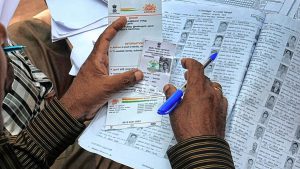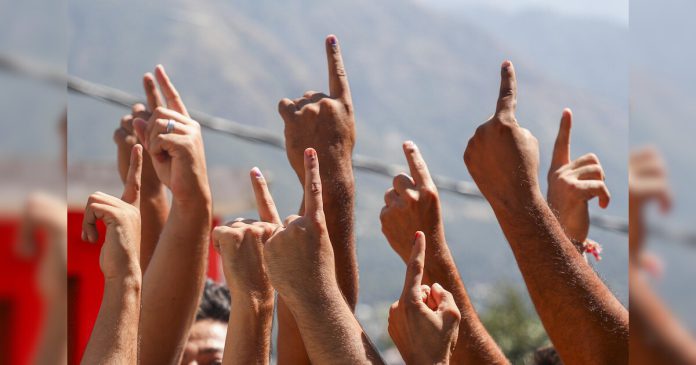
By Qalam Times News Network | New Delhi, July 5, 2025
A fresh writ petition has been moved before the Supreme Court, challenging the Election Commission of India’s (ECI) recent directive ordering a Special Intensive Revision (SIR) of the electoral rolls in Bihar. The petition, filed by the Association for Democratic Reforms (ADR), raises grave constitutional concerns over the order dated June 25, 2025, terming it arbitrary, impractical, and a potential threat to the voting rights of millions.
The petition asserts that the ECI’s move disproportionately affects economically and socially marginalized communities by placing an unreasonable burden of proof on individual voters. The revision mandates that voters, whose names were not part of the 2003 electoral rolls, must submit a set of specified documents to establish their citizenship status. According to ADR, this requirement effectively reverses the burden of proof, shifting the responsibility from the State to the individual citizen—an approach they argue is both unjust and unconstitutional.
Challenging the directive’s validity, the plea argues that it infringes upon several fundamental rights enshrined in the Constitution—namely Articles 14 (equality before law), 19 (freedom of expression and movement), 21 (right to life and personal liberty), 325, and 326, which ensure universal adult suffrage and prohibit discrimination in the preparation of electoral rolls. The petition also cites contraventions of key statutory provisions under the Representation of the People Act, 1950, and the Registration of Electors Rules, 1960—particularly Rule 21A.
One of the major points of contention raised is the exclusion of widely accepted identification documents like Aadhaar cards and ration cards from the list of acceptable proofs. According to ADR, such exclusions disproportionately affect the poor, rural citizens, migrant workers, and Scheduled Castes and Tribes, many of whom either do not possess the required documents or face systemic barriers in obtaining them. In particular, the requirement to submit not only one’s own citizenship proof but also that of one’s parents has been described as unreasonable and violative of Article 326, which guarantees the right to vote to all citizens above 18 years.
The petition argues that this order could lead to widespread and arbitrary deletions of legitimate voters from the rolls, particularly in Bihar—a state where millions still struggle with documentation due to poverty, displacement, and historical administrative neglect. ADR estimates that more than 30 million voters across the state could be at risk of disenfranchisement.
What further compounds the issue, according to the petitioners, is the timeline set by the ECI. With state elections in Bihar expected in November 2025, the SIR process—launched abruptly and with scant notice—leaves very little time for citizens to gather the required documents. This rushed execution, it contends, undermines the foundational democratic principle of inclusive and participatory elections.
Field reports emerging from Bihar suggest that the impact of the SIR order is already visible. Numerous voters—particularly in rural areas—have reportedly been turned away or left confused due to the stringent and unclear documentation requirements. The petition stresses that such a process violates the principles of natural justice and due process and must therefore be struck down.
Filed through senior advocate Prashant Bhushan, the plea seeks urgent judicial intervention to prevent what it describes as an impending democratic crisis. It appeals to the apex court to quash the ECI’s order and ensure that the constitutional right to vote remains intact for all citizens, irrespective of their economic or social background.
© Qalam Times News Network 2025







